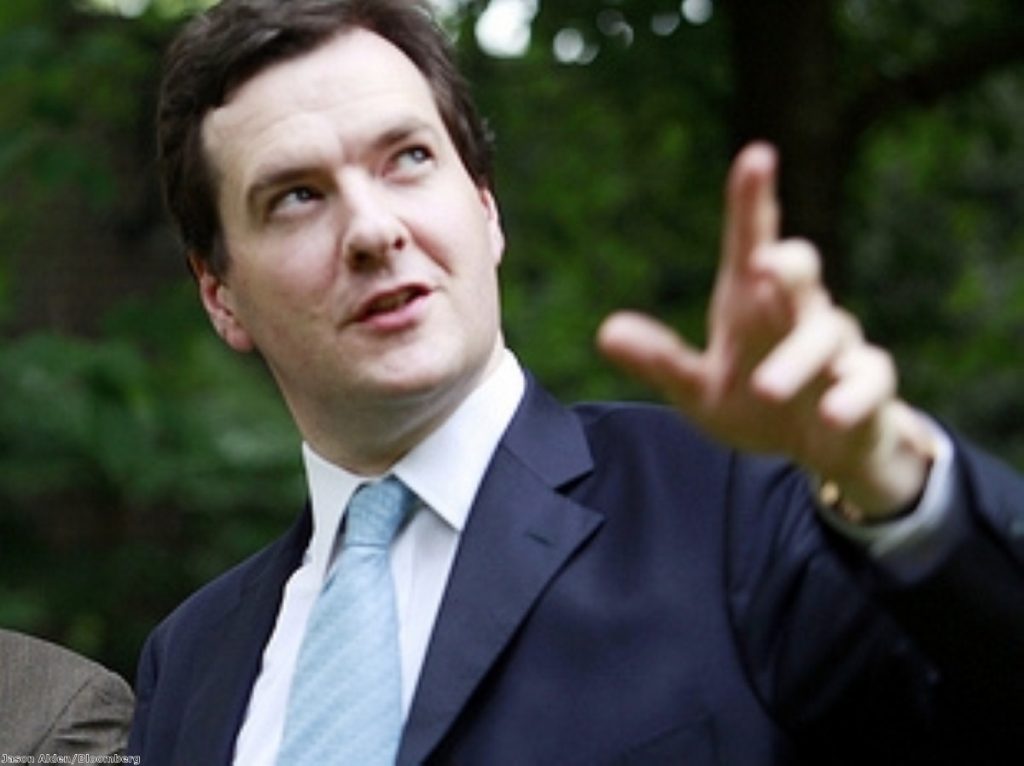A week in politics: Hold the hyperbole
Here’s our summary of the last staggeringly, earth-shatteringly, devastatingly momentous week in politics. The world will never be the same again.
Ok, that may be pushing it a bit. Certainly it was the impression we got sitting in the Commons chamber on Wednesday, as a hem-hemming George Osborne carefully explained that departmental expenditure limits was being shifted just a little a bit here, a little bit there. This wasn’t so bad, was it?
Comment: The tyranny of the spending review


Certainly this was the main problem with the comprehensive spending review. After weeks, no, months of buildup, massive spending cuts were anticipated. The emergency Budget had proposed average cuts to government departments of a quarter – the worst since the Second World War. But in the end they only amounted to average cuts of 19%.
‘The worst since 1976’ just doesn’t sound as good, does it? It turned out even in a week seemingly created for hyperbole, there was much less scope for going over the top than we’d hoped.
Spending review analysis: Winners and losers
Spending review as-it-happened
That hasn’t stopped the reactions pouring in, of course. The debate took a surprising twist by the end of the week as Nick Clegg attacked the esteemed Institute for Fiscal Studies, whose judgments have until now been treated as sacrosanct by politicians. Perhaps the Lib Dem leader is unaccustomed to criticism in government. Or perhaps addressing it head-on might catch on. Fight! Fight! Fight!
Clegg turns on ‘distorting’ IFS
Among the more eyebrow-raising announcements to emerge this week was that of the aircraft carriers, which for a brief period will be operational without any aircraft on them at all. The defence review was viewed with alarm by most commentators, although some privately expressed relief that Britain has been spared from simply becoming ‘Belgium with nukes’. Being briefed on the changes to Britain’s military in the Admiralty, with pictures of past naval glories in every room, heightened the sense of change.
Defence review analysis: Britain’s military in retreat
Victory for the Lib Dems as Trident warheads reduced
Have a look at our comprehensively comrephensive comprehensive spending review coverage, but spare a thought for some of the stories which would have been much more prominent on the news agenda. Like Chris Huhne’s U-turn to approve eight new nuclear power stations, or the post-miner rescue visit to London by Chile’s president – or even the poor health of one Margaret Thatcher.












